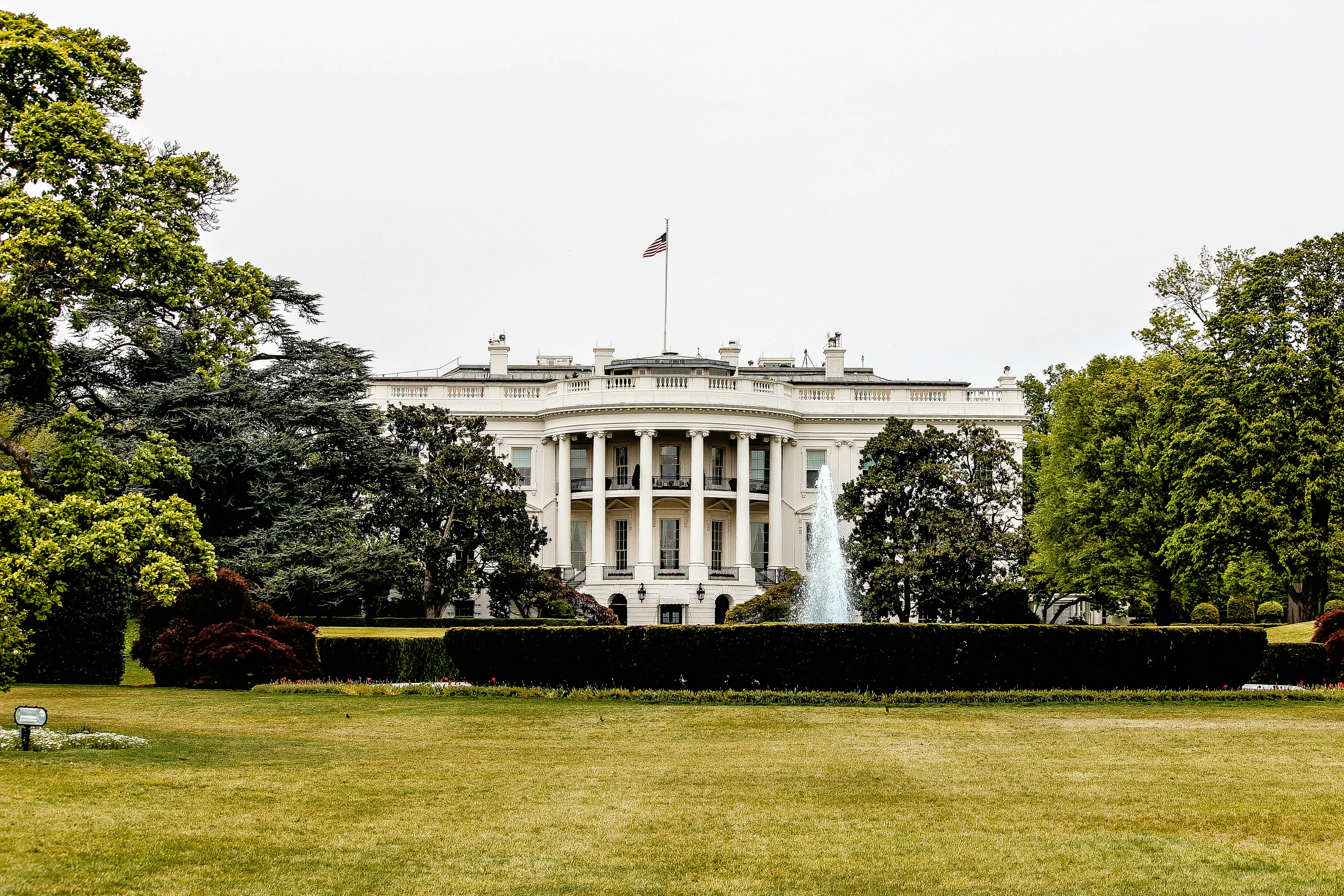[UNITED STATES] President Donald Trump’s sweeping new tariffs have achieved what few economic policies ever do: near-universal condemnation from the economics profession. As the administration imposes some of the highest import taxes in a century, economists across the political spectrum warn that the measures will slow growth, inflate consumer prices, and threaten both U.S. and global prosperity.
Economists Speak with One Voice
For decades, the field of economics has been marked by spirited debate on issues ranging from monetary policy to labor markets. But as President Trump enacts a 10% minimum tariff on all imports-with rates as high as 104% on Chinese goods-professional economists find themselves almost unanimously opposed to the policy.
“Virtually all economists think that the impact of the tariffs will be very bad for America and for the world,” said Joseph Stiglitz, Nobel laureate and Columbia University professor, in a recent interview. “They will almost surely be inflationary”. Harvard’s Kenneth Rogoff called the policy “not a conventional policy,” adding, “He’s really off in his own world. The United States has been a huge winner in the globalization game… why you would want to change it is just a little bit hard to fathom”.
Economic Impact: Growth, Inflation, and Recession Risks
U.S. Economy Faces Headwinds
The International Monetary Fund (IMF) sharply downgraded its U.S. growth forecast, attributing nearly half the reduction to Trump’s tariffs. The IMF now expects U.S. GDP to grow just 1.8% in 2025, down from 2.8% the previous year, and warns that the risks to global growth are “solidly skewed to the downside”.
The Penn Wharton Budget Model projects that Trump’s tariffs will reduce long-run U.S. GDP by about 6% and wages by 5%. For a typical middle-income household, this translates to a lifetime loss of $22,000-twice the hit from a major corporate tax hike. After-tax income is expected to fall by an average of 1.2% in 2025, with tariffs acting as the largest tax increase since 1993.
Higher Costs for Consumers and Businesses
Economists agree that tariffs are essentially taxes on imported goods, and the costs are largely borne by American consumers and businesses. “It’s clearly going to raise auto prices in America. It is Americans who will directly pay for it. There’s no doubt about that,” said Jim Stanford, an economist who has studied cross-border supply chains. The Tax Foundation estimates the average U.S. household will pay an additional $1,243 in 2025 due to higher prices caused by tariffs.
Market Turmoil and Global Fallout
The announcement of the tariffs triggered the largest two-day decline in U.S. stock market history, with $6.6 trillion in value wiped out before the weekend. Global equity losses over three consecutive days reached $10 trillion-about 10% of world GDP. The S&P 500 is nearing bear market territory, reflecting deep investor anxiety.
Internationally, the tariffs have disrupted trade flows and prompted retaliatory measures, especially from China, which now faces a 104% tariff on its exports to the US. Countries across Asia, heavily reliant on exports, are among the hardest hit, with some facing GDP impacts of up to 5.5%.
Policy Rationale and Criticism
Trump’s Justification
President Trump has justified the tariffs as a means to protect American industries, reduce the trade deficit, and pressure trading partners on issues ranging from immigration to drug enforcement. The administration argues that the tariffs will revitalize U.S. manufacturing and generate revenue to reduce federal debt.
Economists’ Rebuttal
Economists counter that the tariffs are likely to have the opposite effect. Studies show that tariffs decrease efficiency, raise production costs, and ultimately harm the very industries they are meant to protect. Retaliatory tariffs from other countries further damage U.S. exporters, particularly farmers, and risk escalating into a global trade war.
Paul Krugman, Nobel Prize-winning economist, compared the shock of Trump’s tariffs to the infamous Smoot-Hawley Tariff of 1930, noting that global trade is now three times as significant as it was then, amplifying the potential damage.
Broader Economic Risks
Stagflation and Uncertainty
With tariffs raising prices and dampening growth, economists warn of “stagflation”-a toxic mix of stagnant economic activity and rising inflation5. The Economic Policy Uncertainty Index has surged to its highest level since the COVID-19 pandemic, as businesses and households delay investment and spending decisions4.
Long-Term Consequences
Beyond immediate pain, the tariffs threaten to erode the openness of the U.S. economy, reduce international capital flows, and diminish America’s competitiveness. Former World Bank Chief Economist Carmen Reinhart described the tariffs as “more damaging to global commerce than Brexit or the 2008 financial crisis,” warning that recession risks are now “very, very significant”.
Multiple Viewpoints and Political Debate
While the consensus among economists is clear, some political voices and industry groups support the tariffs, arguing they are necessary to address unfair trade practices and protect national interests. Treasury Secretary Scott Bessent urged other nations to avoid retaliation, suggesting that the tariffs could be a bargaining tool in future negotiations. However, the overwhelming majority of academic and policy experts remain skeptical.
In an era marked by division, Trump’s tariffs have united professional economists in rare agreement: the costs to American consumers, businesses, and the broader economy far outweigh any potential benefits. As the policy unfolds, its impact will be closely watched-not just in Washington, but around the world.















